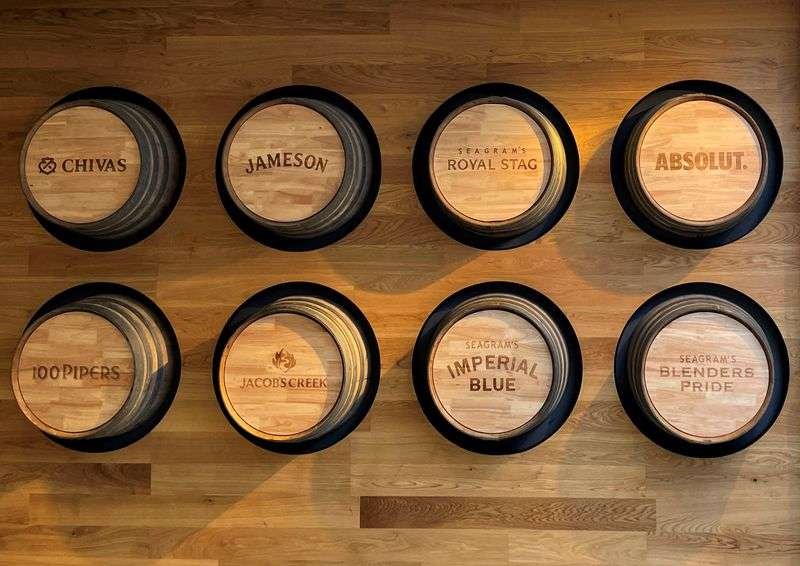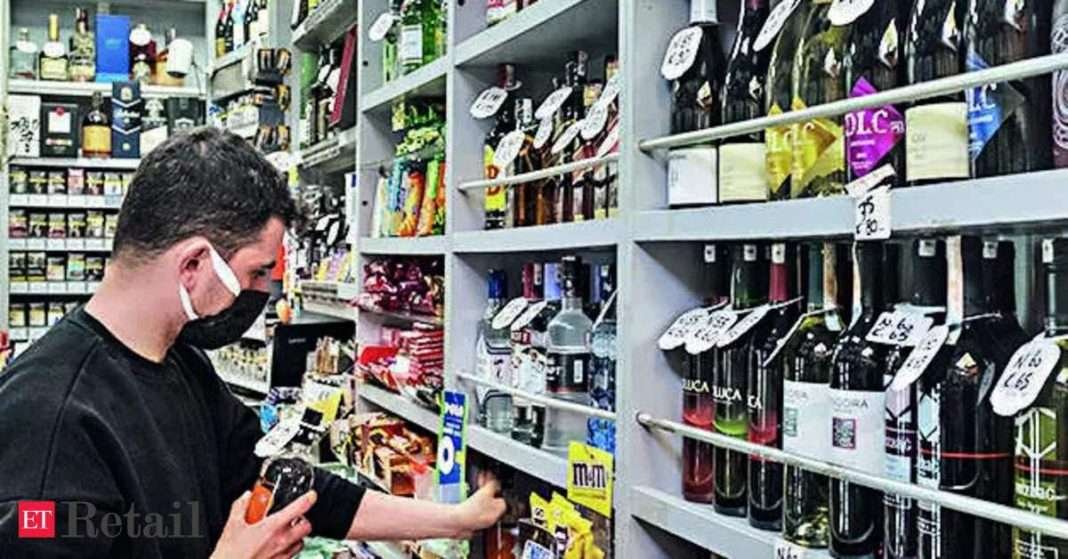The 150% tax on imported liquor has long been a sore point for the industry, and poses a “large challenge” for Pernod Ricard, South Asia CEO Thibault Cuny told Reuters in an interview.
“We are in favour of free trade … 150% in India is far beyond many other markets. It creates unaffordability of certain type of products,” Cuny said at Pernod’s office on the outskirts of New Delhi.
Asked if the duty should be ditched, Cuny said: “Yes, yes, we should go after zero … the ultimate objective should be a 0%.”
Industry sources say India has kept taxes high on imported liquor as it helps the government generate revenue from alcohol sales and keep consumption in check.
India’s $20 billion alcohol market is set to grow by 7% each year, with whiskey and spirits among favourites, IWSR Drinks Market Analysis says, making the country of 1.4 billion people a key growth market for the likes of Pernod and Diageo.
Pernod is the world’s second-biggest spirits group and owns several popular brands, including Chivas Regal, Ballantine’s and Glenlivet Scotch whisky and Absolut vodka.
SOCIAL ACCEPTANCE
There has been more social acceptance of drinking alcohol in recent years and a growing bar culture in India, so more affluent Indians are consuming premium whiskeys and Scotch brands.
Prices differ across Indian states, but by way of comparison the company says a bottle of Chivas Regal costs around 6,090 Indian rupees ($80) in southern state of Karnataka, compared with about 28 pounds ($30) in London.
During the interview, Jean-Etienne Gourgues, CEO of Chivas Brothers, said such price differentials are “not fair.” India is Chivas’ biggest market by volume, he added.
Pernod in India operates through more than 30 bottling plants and also has a distillery and winery.
Cuny said India is one of Pernod’s “key strategic markets” with a lot of growth potential, adding the company is seeing growth for brands like Ballentine’s in smaller towns and cities, beyond the likes of New Delhi and Mumbai.
Import taxes are not the only hurdle to running an alcohol business in India.
India’s more than two dozen states each have their own policies to regulate the sector, including requiring companies to seek approval to launch new brands.
“India is probably the most complex market to manage in the world for the industry. That’s the reality,” Cuny said.
The above news was originally posted on www.marketscreener.com. (Reporting by Aditya Kalra in New DelhiAdditional reporting by Abhirup RoyEditing by Frances Kerry).









